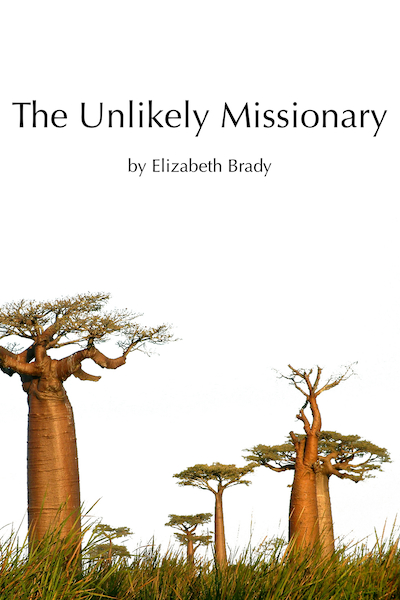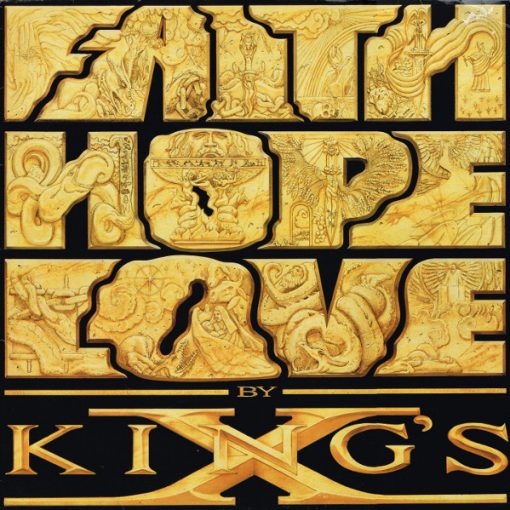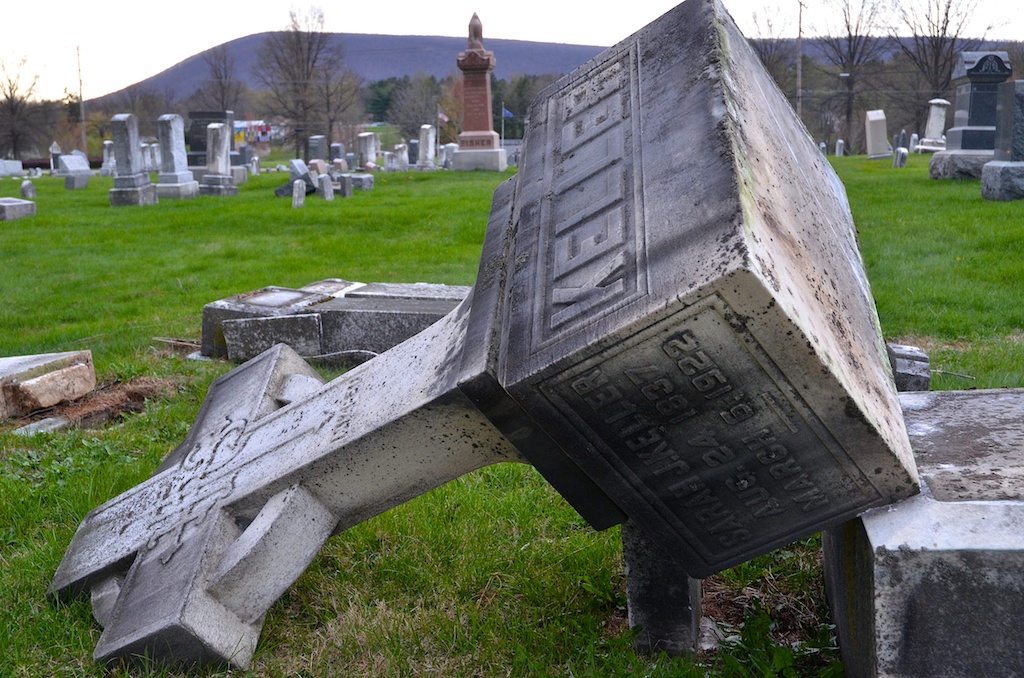- Exodus 12:1-4, (5-10), 11-14
- Psalm 116:1-2, 12-19
- 1 Corinthians 11:23-26
- John 13:1-17, 31b-35
Exod. 12:11 This is how you shall eat it: your loins girded, your sandals on your feet, and your staff in your hand; and you shall eat it hurriedly. It is the passover of the LORD.
Tonight we read the account of the first Passover with directions on how the ancient Israelites were to commemorate it throughout their generations, as a “perpetual ordinance.” This was the final plague that God was sending upon Egypt to force Pharaoh to release the Israelites from their slavery. There had been plagues of the Nile river being turned to blood, swarms of frogs, lice, flies, disease upon their livestock, boils, hail, locusts, and darkness for three days. Each of these were demonstrations of the power of the LORD God, the God of Abraham, Isaac, and Jacob. These were demonstrations that the LORD was the God of all creation and had dominion even over the Egyptian deities, “beating them on their own turf,” as it were. The final plague was the death of the first born.
While in all the prior plagues God proactively protected the Israelites. A sign of God’s power and that Israel were his special people was that these catastrophes did not affect Israel or their animals. This time it was different. This time the children of Israel would have to act in order for the plague to “pass over” their home. They had to show their faith in the LORD through the action of obeying his commands to make this sacrificial meal and paint their doorposts with the blood of the slain lamb.
Exod. 12:13 The blood shall be a sign for you on the houses where you live: when I see the blood, I will pass over you, and no plague shall destroy you when I strike the land of Egypt.
Unlike the other plagues Israelites could and were harmed if they did not obey God’s directions. Israel and Egypt had all seen the mighty power of God in the prior nine plagues and now God brought the Israelites into partnership, asking them to provide evidence of their faith in the LORD. So it was they gathered as families, slaughtered the lamb, spread its blood around the door frame, and ate that final meal in Egypt.
And they ate it in haste, loins girded, sandals on their feet, and staff in their hand. When that final plague struck, they had to be ready to move and quickly. Once God’s judgment had descended upon Egypt, Pharaoh would act quickly to be rid of them and their God.
Ex. 12:31 Then [Pharaoh] summoned Moses and Aaron in the night, and said, “Rise up, go away from my people, both you and the Israelites! Go, worship the LORD, as you said. 32 Take your flocks and your herds, as you said, and be gone. And bring a blessing on me too!”
So it was that the Israelites packed up, accepted the “parting gifts” from the Egyptians intended to make them leave even faster, and headed out of the Land of Goshen to the land that God had promised their father Abraham. It would be a dangerous and long journey, but God was with them by day and by night.
It was to be as God had told Moses when he appeared to him at the burning bush and announced that he would lead his people out of the bondage of slavery in Egypt. When Moses had asked for a sign, God declared, “I will be with you; and this shall be the sign for you that it is I who sent you: when you have brought the people out of Egypt, you shall worship God on this mountain” (Ex. 3:12).
On that mountain God presented Moses with the Law and the Commandments, the guide to holy living for Israel, simply for their lives in the wilderness, but as they moved throughout this world. The Law was God’s love letter to Israel. Jews would later refer to it, all 613 positive commandments, things that one is supposed to do in obedience to God, as “the blessed burden of Torah.” It was not easy, but it is joyous because it is done in response to God’s love and deliverance of Israel. Jesus says the same thing when he says,
“Take my yoke upon you, and learn from me; for I am gentle and humble in heart, and you will find rest for your souls. For my yoke is easy, and my burden is light.” (Matt. 11:29-30)
On Palm Sunday I spoke of the uniqueness of Passover. That unlike all other sacrifices commanded in the Law, Passover commemorates an historical event, something that actually happened in history and is to be remembered and celebrated and observed in perpetuity. God had spared his people death and delivered them from slavery; this was to be remembered forever. Furthermore, the sacrificial meal that is the signature event of the festival of Passover is offered in the home by the family. No priest is needed and all partake of eating the lamb that is offered. So it was that Jesus chose Passover as the festival at which he would go up to Jerusalem to lay down his life to deliver us from the slavery of sin and death. His blood was spread on the cross, even as the lamb’s was over the doorpost, so that the Angel of Death will pass over us. He is our Paschal Lamb.
On this night we remember the last meal that Jesus ate with his disciples, when he prepared them for the wilderness, the time we spend in this world as we await his coming again in glory. On that night Jesus blessed the bread and the wine, declared that it was his body and blood and then whenever we ate and drank of these basic substances, we should do so in remembrance of his sacrifice for us. It is the Passover for the whole world and we are to continue it “throughout [our] generations; we are to observe it as a perpetual ordinance.”
On that same night, Jesus also girded his loins as the Israelites did all these centuries before. Jesus did not do it because he would need to rush out after the meal, but in order to become a servant to the disciples. With that towel wrapped round his waist he washed and dried his disciples feet, as the servant of the house would do. Jesus took those feet, which would have been coated with all sorts of dust and dung from the streets, he took them into his hands and cleaned them to demonstrate the way in which we are to be subservient to one another. We are to submit and care for one another, even with the most menial and filthy of tasks because this is what our savior did for us.
It was on Mt. Sinai that God provided Israel with the Law and the Commandments which would enable them to demonstrate their love for God and one another. It was in the upper room that Jesus have us this “new commandment,” mandatum novum, that was also foundational to the prior Law, that we love one another.
John 13:34 “I give you a new commandment, that you love one another. Just as I have loved you, you also should love one another.”
Just as he loved us, so we must love one another. God so loved his people Israel that he delivered them from slavery in Egypt. So too he loved the entire world that he gave his only Son Jesus to die for the sins of the world. That is how he loved us. We cannot die for the sins of the world, but we do not have to because Jesus has done that for us, he has saved us from death. If we accept him as our Savior then we will follow his example, loving one another as he loved us, making ourselves servants to one another, not just on this night but always.
Amen. ✠
Let us now follow the example of our Lord Jesus Christ and minister to one another, remembering that this is but a symbol of the love that we are to take embody in this world in the name of Christ.





